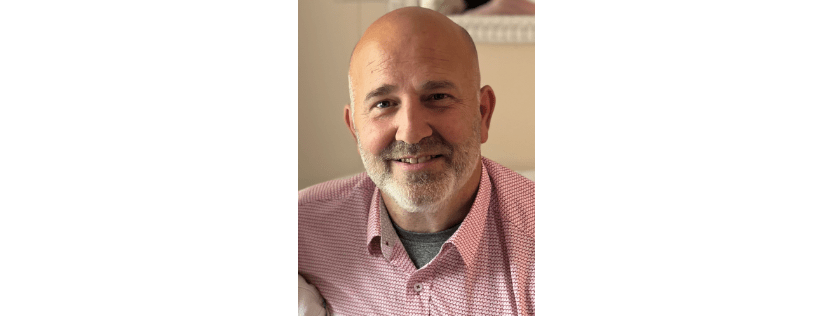Sit Down With Success: A Conversation with Joe Demos of State Farm
For the past 25 years, Joe Demos has helped families protect what matters most, guiding them through insurance coverage and standing with them in recovery after loss. But the former Alabama football player’s path to becoming a State Farm agent wasn’t straight like a go route.
After college, Demos turned down multiple insurance sales offers—he didn’t want a career in sales. Instead, he pursued a career in merchandising and later became a manufacturing rep. But the constant travel and lack of rewarding work left him searching for something more meaningful.
That search led him to a field claims position with State Farm, where he found purpose in helping people rebuild after difficult losses.
Later, as his family grew and an opportunity opened in his wife’s hometown of Huntsville, Joe transitioned into agency management. This is where he discovered that being a State Farm agent wasn’t just about selling policies but about building relationships and serving people. This is where he found his calling.
Demos recently sat down with the Huntsville Business Journal to talk about his journey, the personal fulfillment of owning a business, and why helping people is at the heart of everything he does.
How did you know you wanted to have your own business?
Growing up in construction, all of my dad’s friends were in construction, and he had a friend, coincidentally named Joe, who owned an air conditioning business. He had really cool cars. He had a work van that he customized that had really good air conditioning in it, and in his office, he had a Pac-Man machine. We would go to his office, and while my dad was doing business, we played Pac-Man, and he was just a cool guy. He had a boat, and he had really cool friends and I thought, if that’s what owning your own business looks like, I want to do that. The older you get, you realize that it’s really the only way to control your destiny. You can work as hard as you want. You can produce your own results based on that hard work. You can set your own goals.
What do you enjoy most about being a business owner?
When you come into my office, no matter how bad your day is, we need to make it better. No matter how good your day is, we need to make it better. So people come in, and if they just walk out smiling, we’ve done our job. We just try to help people, and the best part of my day is getting to know them and connecting them with others—either people they can help or people who can help them. That’s really the most rewarding part is the connections you make.
What is a challenge you faced as a business owner and how did you overcome it?
For me, I think the greatest challenge was simply not having the business acumen. I knew how to work hard. I didn’t know how to work smart. So most of the mistakes I made were–back to a football analogy–made going full speed. But they were still mistakes, and those really involved running the business itself, not so much the insurance. The contract is the contract. I can interpret that and deal with that. Dealing with people is okay too, but running the business and allotting time and resources, being efficient and smart and capitalizing on missed opportunities was the biggest thing. I overcame that just by experience and trying not to make the same mistake twice.
How do you balance personal and professional life?
I knew going into this it would be a 24 hour job. We used to have beeper duty when I was a claim rep, so we’d rotate this beeper between four of us and once a month, you’d have a week long beeper duty, where, if it went off at two in the morning, you responded. That was always very rewarding to me. I have hundreds of stories where at two or three in the morning, sometimes a fire or a car wreck or someone’s broken down on the side of the road. To me, that’s when we deliver the promise, so I get a lot out of that personally.
As far as balance, that’s a question that has to be answered minute by minute every day because if I leave the office to go do something, I have to balance. Is it worth me not being there for my customers? Is it something that I’m going to do for myself? Am I getting X number of dollars an hour worth of pleasure out of this? Or do I need to be working instead?
On the flip side of that is, how important is what I’m doing now to my family, because that’s why you do all this, is for your family. In the first five years that I was an agent, we had little kids at home, and I would work from 8 to 5. I would come home, cook or eat supper, coach youth football or baseball, put kids to bed, and at 9 or 9:30 I’d go back to the office till midnight. I did that for seven years in a row, and that was just the model. When you like what you do, it’s not really work. My phone is with me all the time, and it’s okay. I knew it was going to be that way when I went in.
What is your secret to success?
I think it’s keeping the mission statement in the front of everything you do, whether it’s where you’re spending your money in the office, who you’re hiring, who you’re firing, or where you’re spending your time. The mission statement hasn’t changed in 25 years. It’s to take care of my customers and my family.













